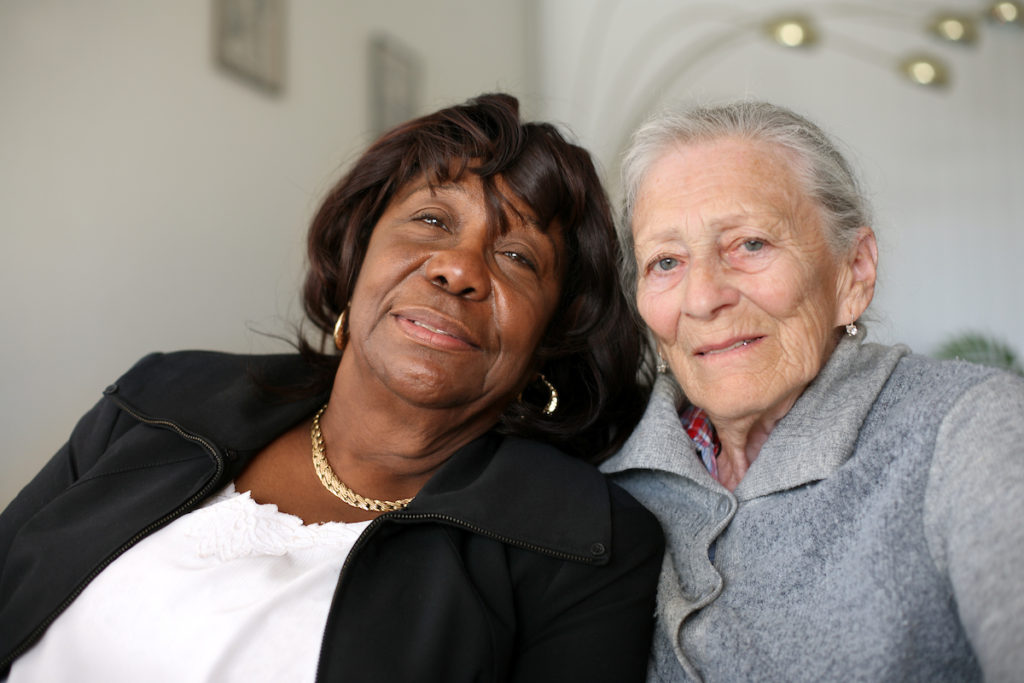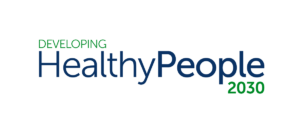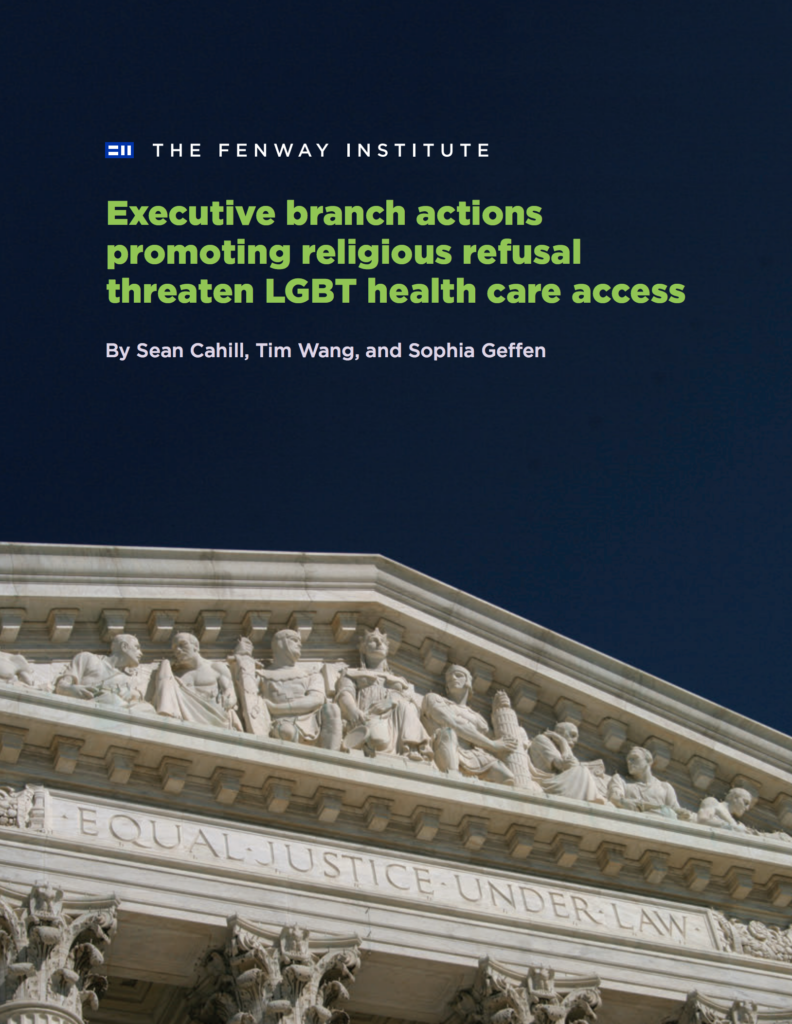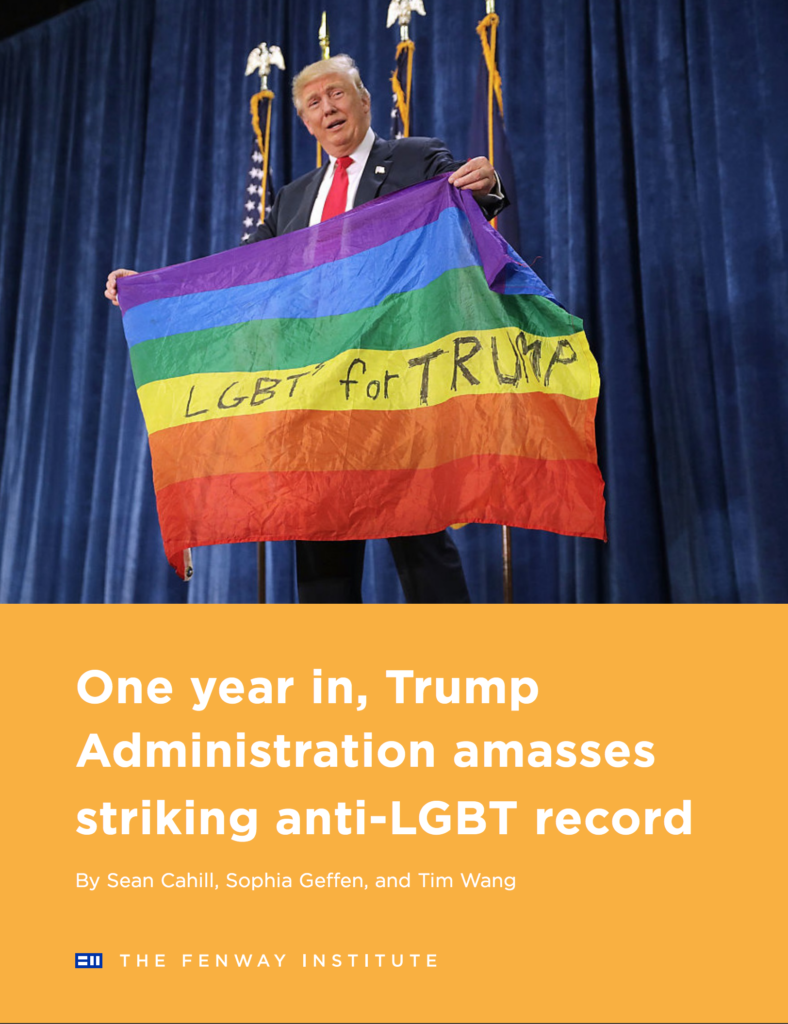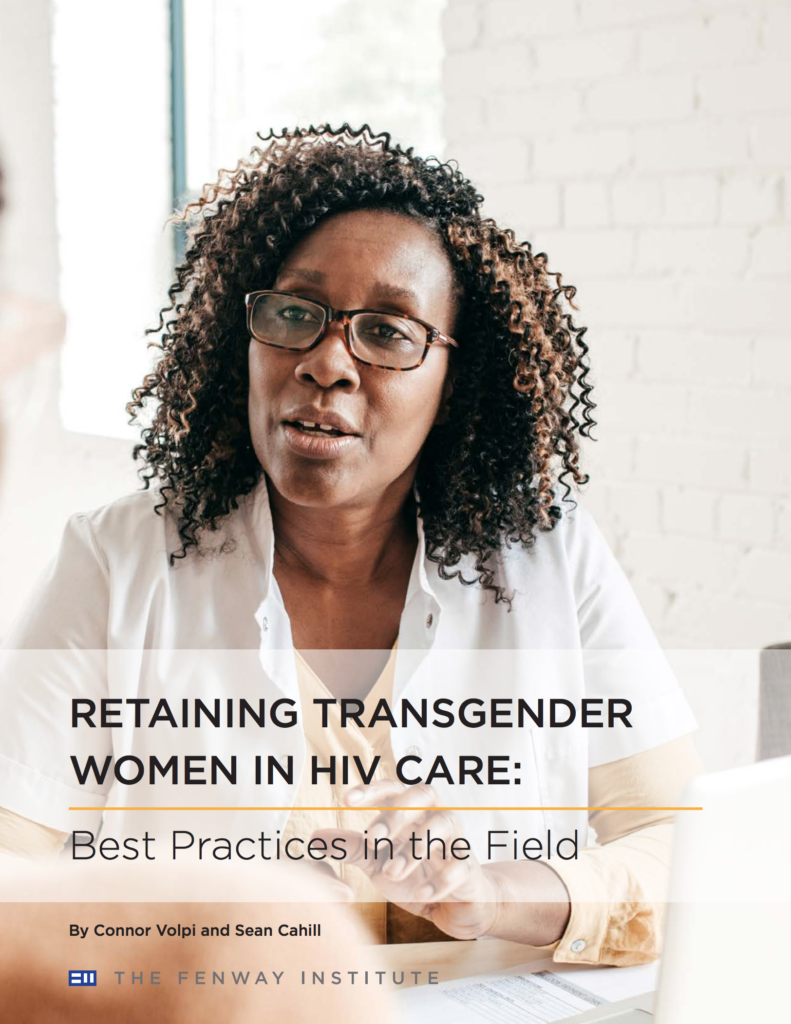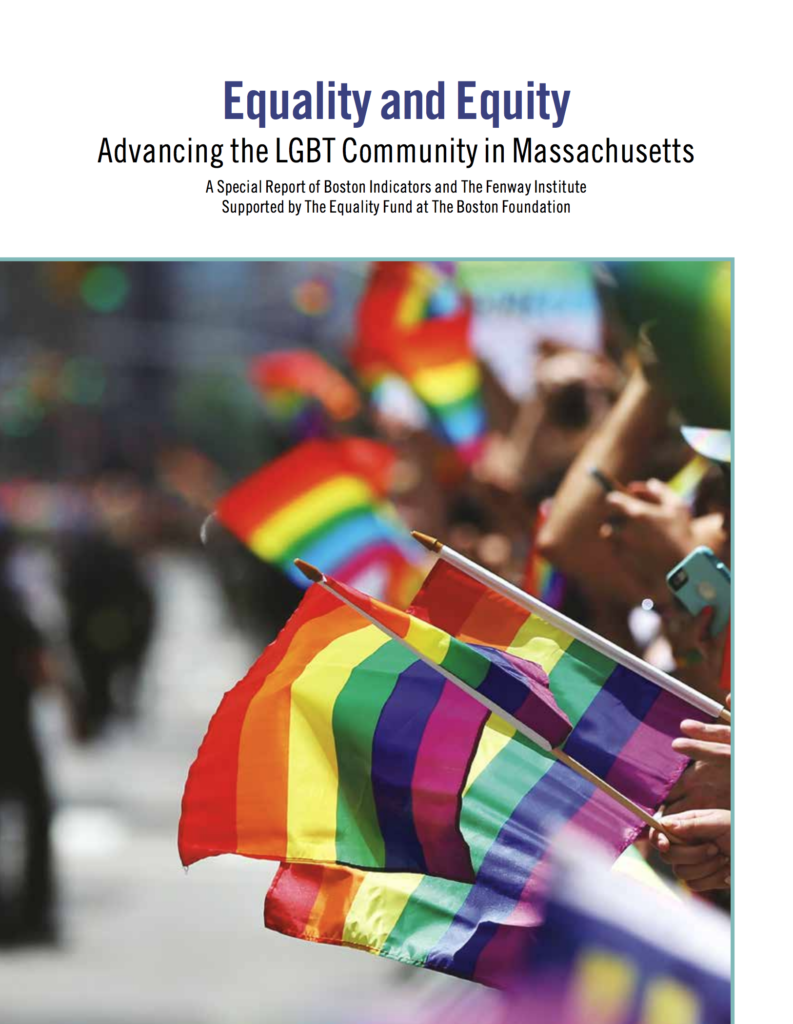ADVOCACY
By publishing policy briefs, writing opeds, participating in media interviews, and submitting public comment and testimony—often in partnership with other institutions—Fenway staff and affiliated researchers and scientists engaged in broad efforts throughout FY 2018 to advance and disseminate LGBT- and HIV-related health policy research. Highlights of that work include the following:
JULY
2017
2017
- Fenway sent a team of five scientists and researchers to the International AIDS Conference in Amsterdam, Netherlands. Led by Kenneth H. Mayer, M.D., Medical Research Director and Co-Chair of The Fenway Institute, the team presented research on syndemics, strategies to overcome barriers to care for transgender people, ways to expand access to PrEP, and the use of digital technologies to stop HIV.
- Fenway submitted public comment to U.S. Department of Health and Human Services urging the agency to restore a question asking respondents of the National Survey of Older Americans Act Participants about their transgender status. The question had been in the survey since 2014 and Fenway wrote that it was “critical” for collecting the data necessary to “better understand the needs and experiences of older LGBT adults, and especially the needs of older transgender adults.”
- Fenway submitted public testimony to the Commonwealth’s Joint Committee on the Judiciary on “An Act relative to the deliberate spread of contagious diseases” expressing its opposition to the bill. Fenway wrote that the bill was “crafted with the intention to reduce the likelihood that HIV-positive individuals will intentionally or unintentionally spread the disease to uninfected individuals” but that research shows such laws “exacerbate stigma and discrimination associated with HIV and thus increase the risk of transmission.”

SEPTEMBER
2017
2017
- Fenway submitted public comment to the American Nurses Association on its Proposed Statement “Nursing Advocacy for Gender Diverse Populations.” Fenway commended the statement and urged the organization to “provide LGBT cultural competency training to nurses.”
- Fenway submitted public comment to the U.S. Department of Health and Human Services on the Proposed Healthy People 2030 Framework. Fenway noted the need for additional health surveys to collect data on sexual orientation and gender identity “in order to better understand and reduce LGBT health disparities.”
OCTOBER
2017
2017
Fenway submitted public comment to the U.S. Department of Health and Human Services on the agency’s Draft Strategic Plan FY 2018-2022. Fenway urged HHS to “add language that clarifies that discrimination in healthcare on the basis of sexual orientation and gender identity is prohibited” and to “[r]eemphasize that LGBT people, people who are members of racial/ethnic minority groups, rural populations, and other populations experience health disparities in a manner that is more consistent with past HHS Strategic Plans.”

NOVEMBER
2017
2017
- Fenway submitted public comment to the U.S. Department of Health and Human Services in response to the agency’s request for information on “Removing barriers for religious and faith-based organizations to participate in HHS programs and receive public funding.” Fenway recommended that HHS “abandon this attempt to allow providers, health plans, or other entities to be able to use religion to engage in taxpayer-funded discrimination. Instead, we urge HHS to turn its focus to addressing health disparities and ensuring equal access to services regardless of race, color, national origin, religion, sex, gender identity, sexual orientation, age, or disability.”
- Fenway submitted public comment to the U.S. Department of Health and Human Services in response to the agency’s request for information on “Agency Information Collection Activities; Public Comment Request; Redesign of Existing Data Collection; National Survey of Older Americans Act Participants.” Fenway suggested that “the redesigned NSOAAP ask about sexual orientation and gender identity (SOGI) in order to ensure that the specific needs of LGBT elders across the country are being met and that LGBT older adults are accessing elder services.”

DECEMBER
2017
2017
The Fenway Institute released “Executive branch actions promoting religious refusal threaten LGBT health care access,” a policy brief examining the potential impact of executive actions taken by the Trump Administration that articulate a right to refuse services to others on the basis of religious beliefs, and to refuse to hire people for programming paid for with federal funds based on religious beliefs.
JANUARY
2018
2018
The Fenway Institute released “One year in, Trump Administration amasses striking anti-LGBT record,” a policy brief cataloguing the judicial appointments, support for anti-LGBT religious refusal regulations, and absence of leadership on LGBT- and HIV-related issues that marked the first year of the Trump Administration.
FEBRUARY
2018
2018
Fenway submitted public comment to Office of the National Coordinator for Health Information Technology on the agency’s Draft U.S. Core Data for Interoperability (USCDI) and Proposed Expansion Process.” Fenway urged the agency to include sexual orientation and gender identity standards in the list of required data classes for the U.S. Core Data for Interoperability Version 1.

MARCH
2018
2018
Fenway submitted public comment to the U.S. Department of Health and Human Services on “Agency Information Collection Activities; Submission for OMB Review; Comment Request; Revision of Existing Data Collection; National Longitudinal Survey of Older Americans Act Participants (NLSOAAP).” Fenway expressed strong support for the agency’s decision “to continue to collect information about program participants’ sexual orientation” but urged to the agency to reconsider its decision to drop gender identity questions from the national survey.

APRIL
2018
2018
The Fenway Institute released “Retaining transgender women in care: Best practices in the field,” a policy brief for clinicians outlining provider best practices and innovative programs that result in higher rates of adherence to prescribed treatments among transgender women living with HIV.
MAY
2018
2018
- The Fenway Institute and Boston Indicators released Equity and Equality: Advancing the LGBT Community in Massachusetts. The first-of-its-kind examination of the LGBT community in Massachusetts is based on public data, existing research, and interviews from listening sessions.
- Sean Cahill, PhD, Director of Health Policy Research for The Fenway Institute, participated in a Congressional briefing organized by the American Psychological Association on the scope of new federal policies that seek to restrict LGBT people’s access to healthcare.
- Kenneth H. Mayer, M.D., Medical Research Director and Co-Chair of The Fenway Institute presented on antiretroviral therapy as prevention and pre-exposure prophylaxis at the Chennai ART Symposium in India.
JUNE
2018
2018
Massachusetts lawmakers passed “An Act Relative to LGBT Awareness Training for Aging Services Providers.” The first-in-the-nation law requires that all state funded or licensed providers of services to older adults complete training in how to provide meaningful care to LGBT older adults and ensure that lesbian, gay, bisexual, and transgender (LGBT) older adults can access services. Fenway had long advocated in support for such reform, including by contributing data for a policy recommendations report issued by the Special Legislative Commission on Lesbian, Gay, Bisexual & Transgender Aging.
